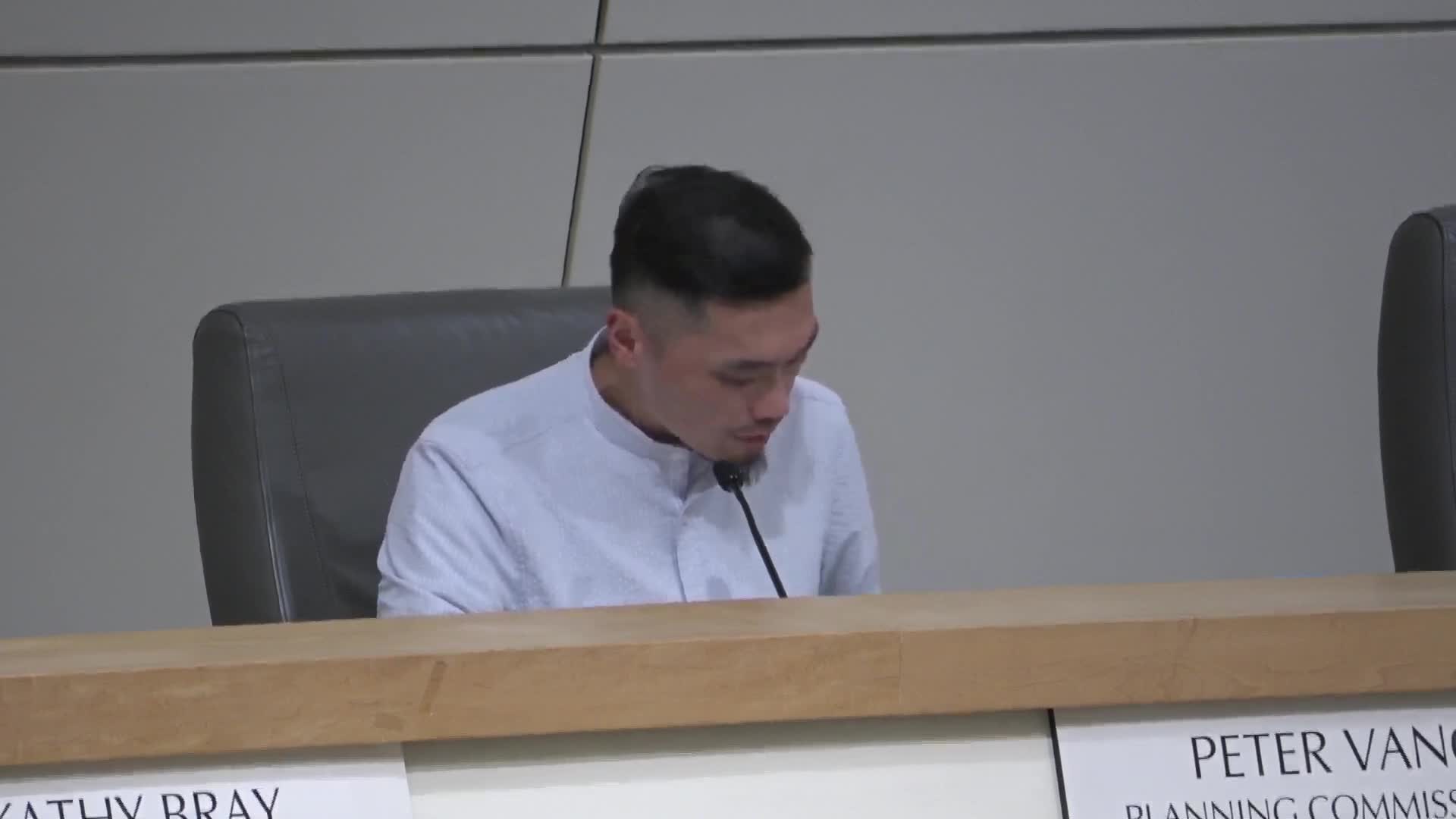Fresno Public Works Unveils 2025 Street Maintenance Plans Amid $1.2B Backlog
September 04, 2025 | Fresno City, Fresno County, California
Thanks to Scribe from Workplace AI and Family Portal , all articles about California are free for you to enjoy throughout 2025!

This article was created by AI using a video recording of the meeting. It summarizes the key points discussed, but for full details and context, please refer to the video of the full meeting. Link to Full Meeting
Mata explained that the pavement management program involves assessing road conditions, prioritizing maintenance based on various factors, and determining the appropriate treatment for each roadway segment. The assessment uses a Pavement Condition Index (PCI) scale from 0 to 100, categorizing roads into four conditions: good, fair, poor, and very poor. Currently, Fresno's overall PCI stands at 60, indicating that most roads are in fair condition, with only 2.3% classified as very poor.
The meeting highlighted the city's pressing need for funding, with an estimated $1.2 billion required to address deferred maintenance across the road network. Currently, the city has secured a $100 million bond through the "Pay More" program, aimed at resurfacing major corridors and neighborhood streets. However, this funding falls significantly short of the total needed to restore all roads to good condition.
Mata also addressed concerns regarding the impact of utility companies on road conditions. He noted that the city enforces a five-year moratorium on newly paved roads, requiring companies like AT&T and Verizon to repave entire sections if they need to dig trenches for utility lines. This policy aims to prevent further deterioration of recently repaired streets.
Commission members raised questions about the prioritization of maintenance projects, particularly regarding small areas marked for repair that remain unaddressed. Mata explained that the city considers future development plans when deciding which roads to prioritize, aiming to avoid unnecessary repaving before new infrastructure is installed.
The meeting concluded with a commitment to continue assessing road conditions and exploring additional funding sources, including grants, to tackle the city's extensive maintenance backlog. As Fresno grapples with its infrastructure challenges, the discussions underscored the importance of strategic planning and community engagement in addressing the city's road maintenance needs.
Converted from Fresno Planning Commission Meeting 9/3/25 meeting on September 04, 2025
Link to Full Meeting
Comments
View full meeting
This article is based on a recent meeting—watch the full video and explore the complete transcript for deeper insights into the discussion.
View full meeting
